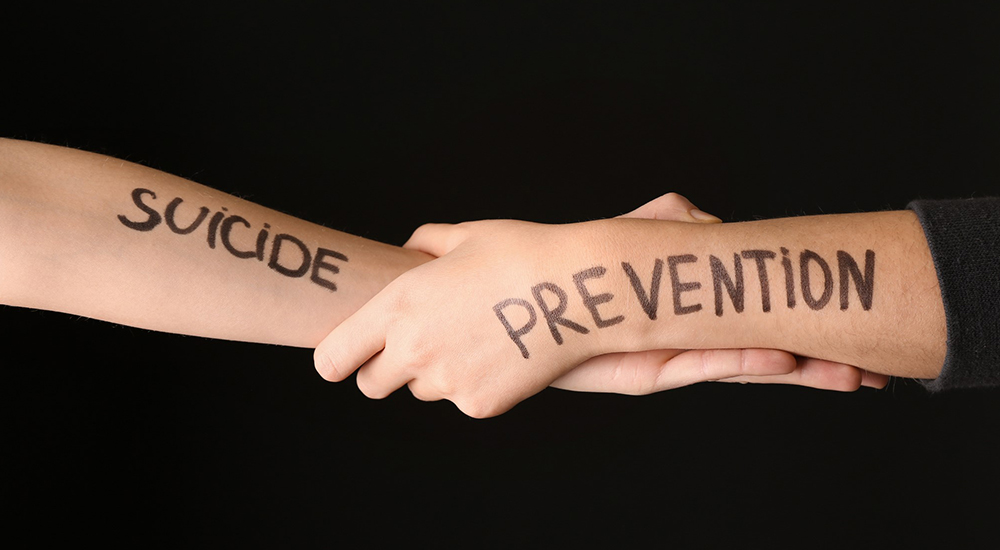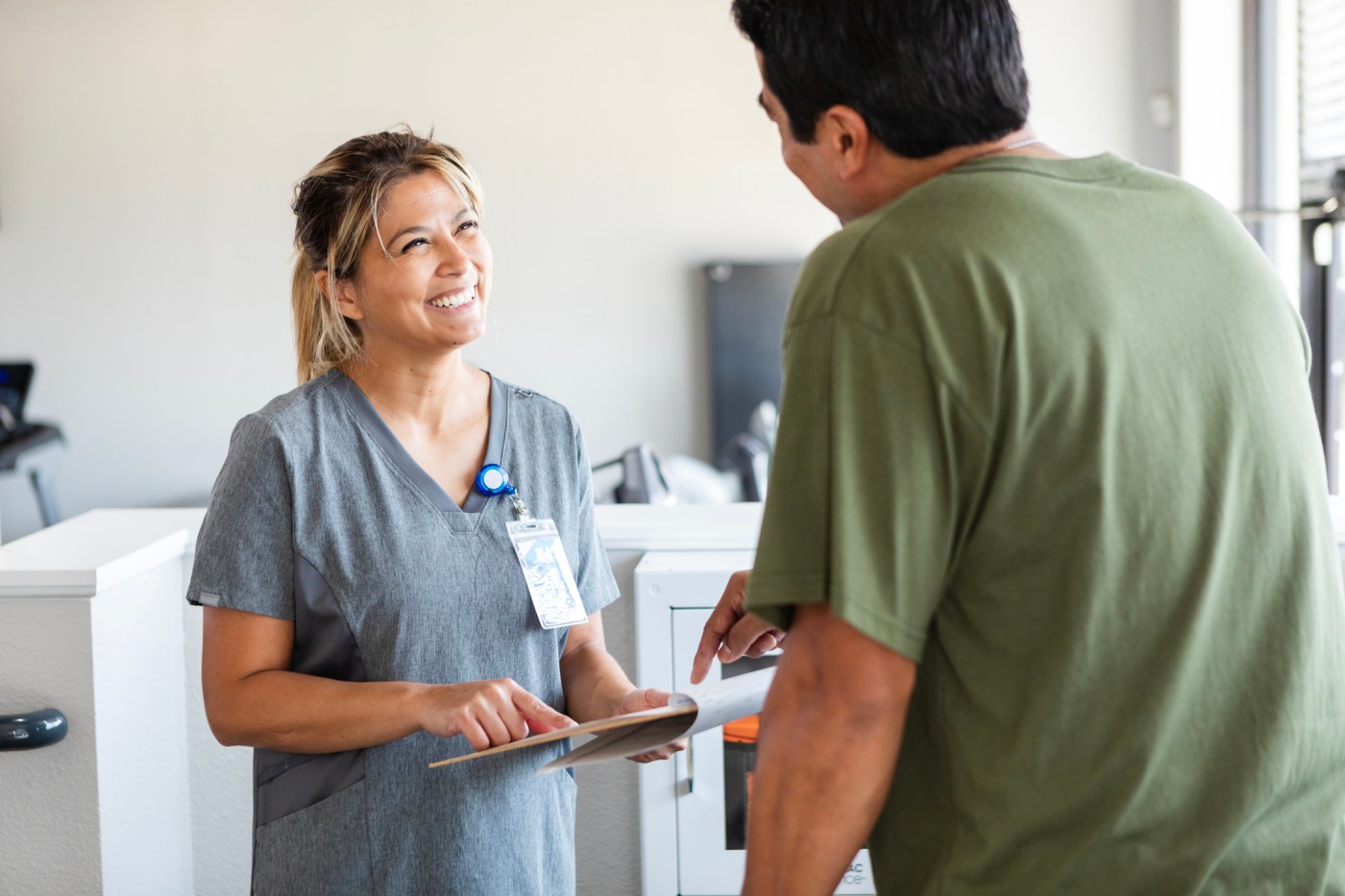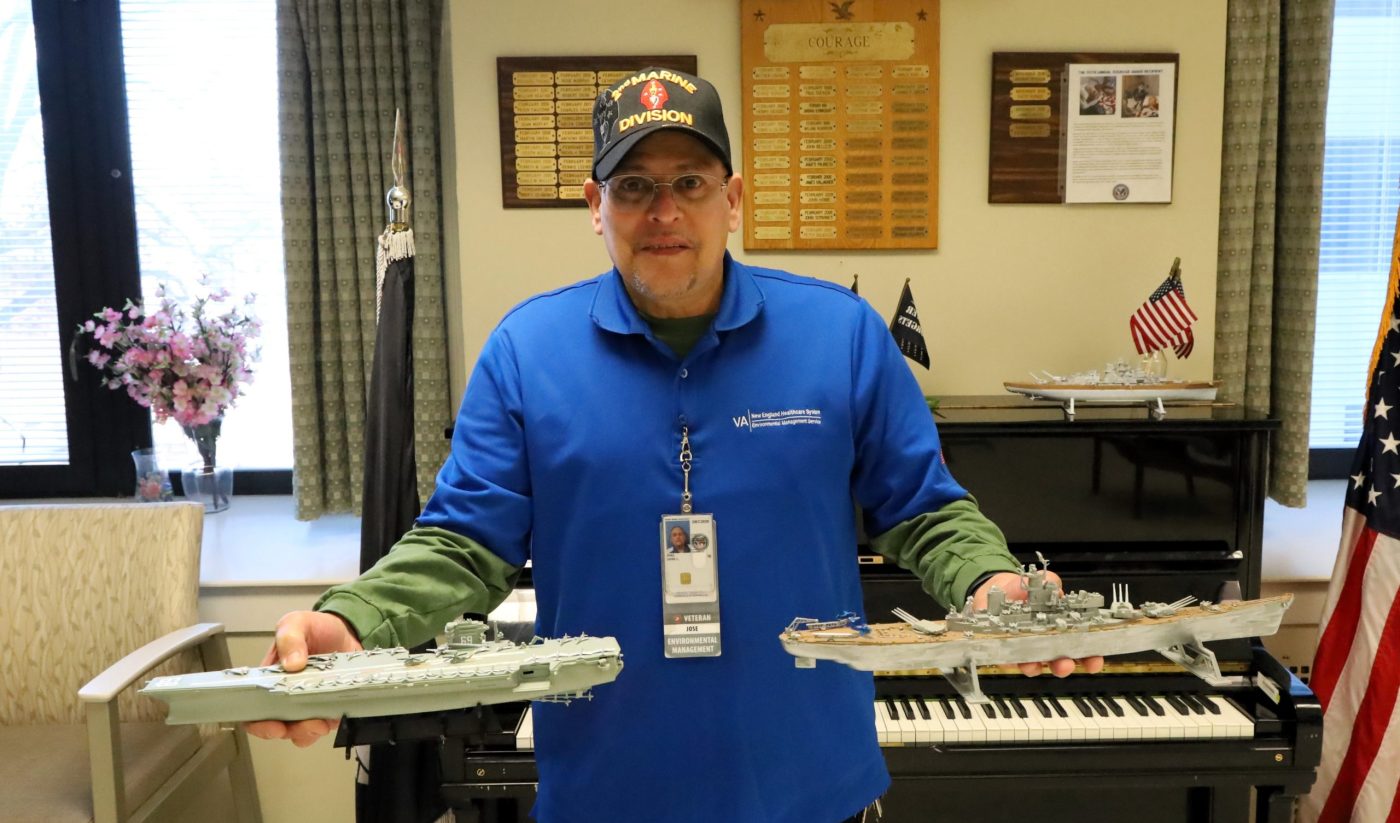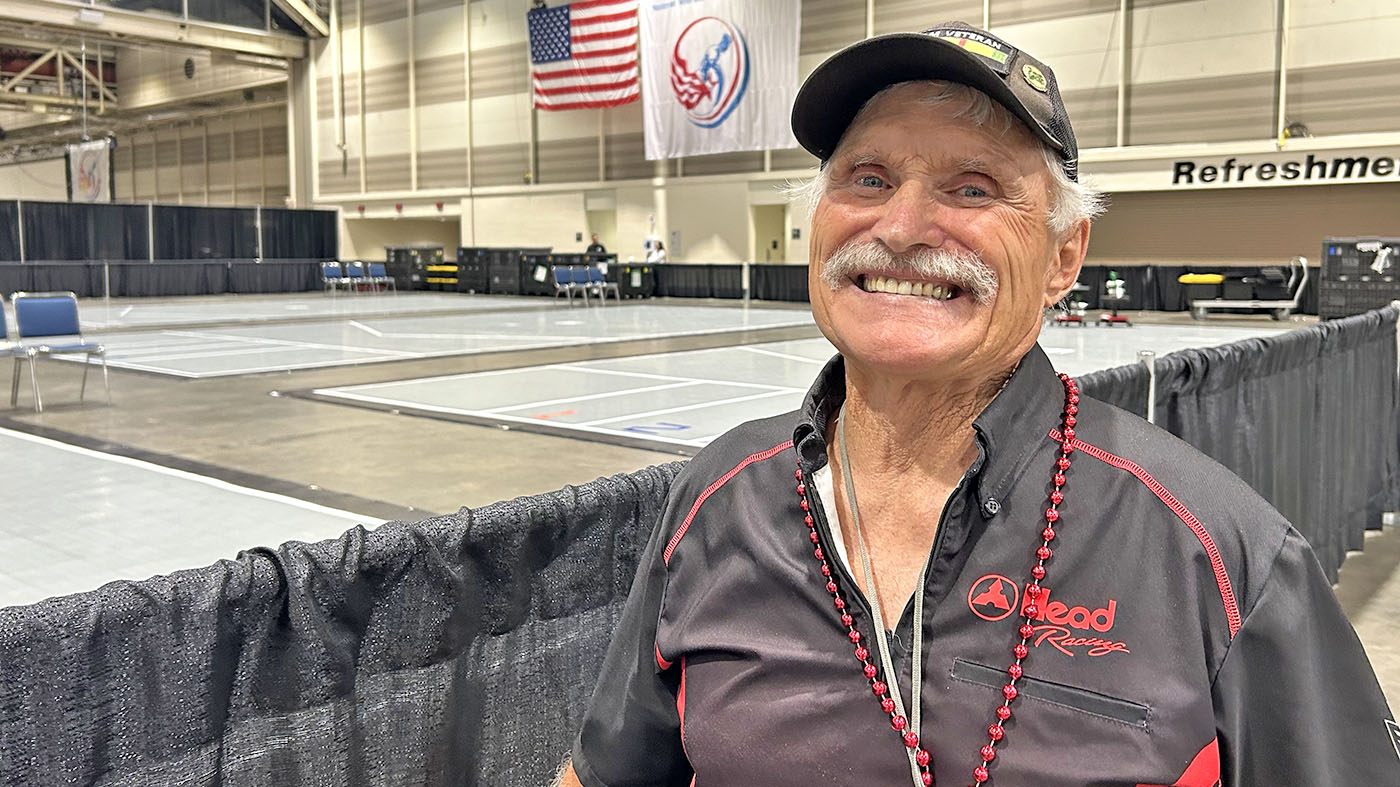Community leaders across southern New England met virtually to form stronger relationships to prevent Veteran suicides in their region and to discuss outreach strategies for Veterans who are struggling.
Embracing VA’s #BeThere campaign, VA New England Healthcare System recently hosted an online conference called “#BeThere for Service Members, Veterans and Families: Strengthening Our Communities.”
Among the more than 250 attendees were librarians, gun shop owners, educators, social workers, medical professionals, directors of Veteran services and leaders of the faith-based community.
VA speakers reminded the group that you do not have to be a mental health professional to save a life and that suicide prevention is a total team effort.
“We know that VA can’t do this alone,” said Ryan Lilly, VA New England Healthcare System director, in remarks to open the conference. “It’s really going to take every entity, every individual, and every organization that interacts with Veterans on a routine basis to help us get there.”
Suicide prevention important with today’s stress
This year, participants noted that today’s restrictions have added stress to Veterans already feeling the weight of readjustment to civilian life from deployments and economic challenges.
While the public often focuses on the number of younger Veterans who die by suicide, participants reviewed statistics that show the suicide rate for elderly Veterans is higher than that of non-Veterans of the same age.
Presenters discussed strategies for how communities can connect with Veterans using technology and to find creative ways to reach out and provide support. There are things every person can do every day, like calling a friend or checking in with a neighbor.
Such simple practices are particularly strong preventive factors for suicide during the pandemic because they help people feel less alone, said several speakers.
Fears associated with the coronavirus have intensified PTSD, overall anxiety and depression as well as suicidal thoughts for many Veterans. Many Veterans also feel that they should be able to solve a crisis in their life on their own and therefore are often reluctant to seek help.
Medal of Honor Veteran: We all have a role
“We all have a role in getting people to understand that they don’t have to solve this on their own,” said Ryan Pitts, a former Army soldier from Lowell, Mass., the ninth living recipient of the Medal of Honor from the war in Afghanistan. Pitts said the community can make a difference in reaching out so that Veterans never feel alone.
David W. Schafer, VA New England director of Mental Health, stopped the conference and waited until each participant added the number to the Veterans Crisis Line as a contact on their smartphones.
The number is 1-800-273-8255. Veterans in crisis or those who are concerned can then press 1 to reach help.
Since most Veteran suicides occur among Veterans who have not used VA health care or VA mental health, community partnerships are critically important in reaching Veterans who may not be receiving care from VA. The Veterans Health Administration’s Office of Community Engagement has focused its attention on creating such partnerships.
Building stronger community partnerships
A positive outcome from the conference is building stronger relationships among such partners in New England. Of the 17 Veterans who each day take their own life, 11 have not accessed VA health care.
Another strategy VA New England is using is “postvention,” which builds upon prevention efforts by providing support to those impacted by suicide loss.
Training for VA New England clinicians was scheduled the day before the community conference to discuss resources and support for anyone touched by suicide.
“We’re the touch points for many Veterans who are struggling,” said Schafer. He also noted the importance of each VA clinician using the “strengthening the tool kit” and in finding ways to heal and deal with the personal and professional impacts of suicide loss.
To learn more about VA’s community partnerships to prevent Veteran suicides or to inquire about starting a partnership, visit www.va.gov/healthpartnerships.
Topics in this story
More Stories
One strategy credited for the improvement is a focus on building trust and stronger patient-provider relationships.
Army and Marine Corps Veteran started making models after being hospitalized at Connecticut VA.
Veteran Hank Ebert is a bit of a superstar in the National Veterans Wheelchair Games. He has been attending since 1993.







